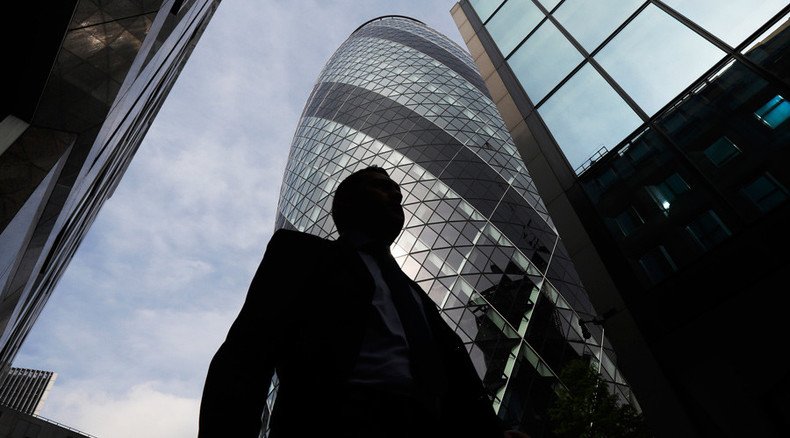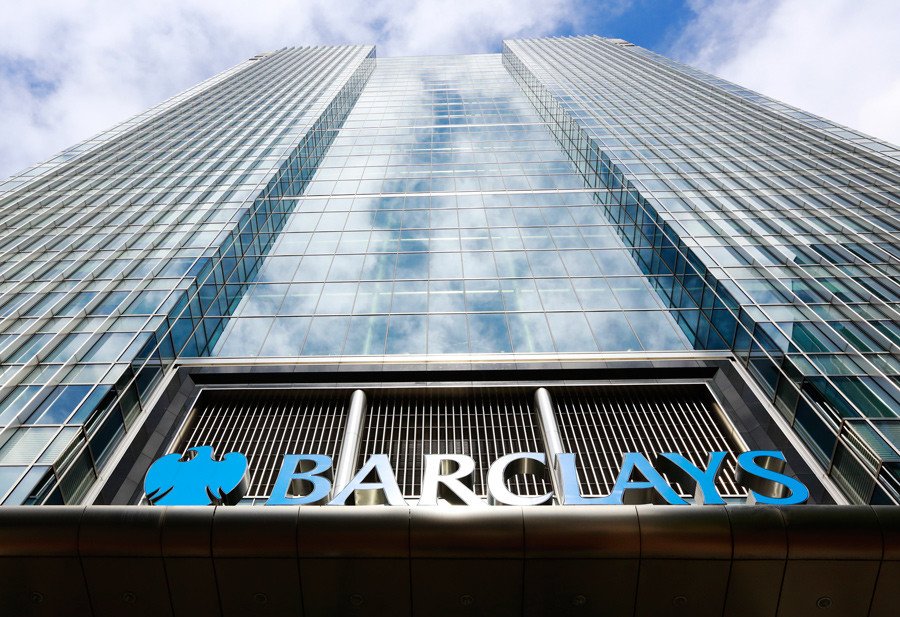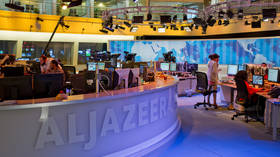Forex scandal: White collar criminals must face jail not fines, say UK experts

Financial penalties expected to hit British banks for Forex rigging will do little to tackle financial crime in the City of London as regulators continue to prioritize high finance over ordinary citizens, experts warn.
British banks could be fined billions in coming months as investors pursue them for rigging foreign exchange (Forex) rates, following a landmark US settlement on Friday.
RBS, Barclays, HSBC and Goldman Sachs were among nine global banks that agreed to the £1.3 billion (US$2 billion) settlement with irate investors who had been affected by the market manipulation.
The New York case is expected to unleash a further flood of claims in London, the largest foreign exchange trading hub in the world. Lawyers say the UK settlements could total tens of billions of pounds.
A court case in New York could leave global banks facing billions of pounds-worth of civil claims in London and Asia over forex rate rigging
— Letter of the Law (@Letter_oftheLaw) August 18, 2015New Economics Foundation (NEF) Senior Economist Josh Ryan-Collins said rogue conduct within the financial sector is "driven by the need to make very high short-term returns to shareholders."
He expressed little hope that financial penalties for Forex rigging will breed the root-and-branch reform that is required to clean up Britain's banking sector.
Ryan-Collins, whose work focuses on financial reform, said rogue financiers should face imprisonment.
“To embed real change, management as well as ‘rogue traders’ themselves need to be held accountable for persistent manipulation activity of the type we have seen in Forex and Libor markets, including the threat of imprisonment,” he told RT.
“Unless there is structural change to the banking system to reduce the need for very high returns, for example by breaking up very large banks that have been persistent offenders, the problems we currently have are likely to return.”

Joel Benjamin, a research assistant at Goldsmiths University’s Political Economy Research Centre, told RT UK fines for Forex rigging will drive financial crime deeper into the shadow banking sector.
“Goldman Sachs and other banks are now moving to more sophisticated, chat room functions after trader chat incriminated traders with the Libor and Forex scandals,” he added.
Benjamin, who is also a campaigner for Debt Resistance UK, said the City of London's regulatory climate is the least robust of all major global financial centers.
“Even though talk has shifted towards holding senior bankers accountable for failures, the scapegoating prosecution of Tom Hayes as the ‘ringleader’ of the Libor scandal does not bode well as a yard stick of regulatory endeavor by authorities,” he said.
Benjamin stressed that fines leveled at banks fail to tackle white collar crime, and hit shareholders as bankers remain unfazed.
He called for senior bank managers to be held accountable for financial crime, emphasizing such an approach would “send a clear message to the industry that fraud is no longer tolerated.”
Forex rigging was the most recent in a series of rate-rigging scandals to engulf the global financial sector. Criminal traders at some of the world’s biggest banks conspired to manipulate the $5.4 trillion-a-day market, while making handsome profits in the process.
They rigged the foreign currency trades via email and online chat rooms to the detriment of the companies and investors who had placed trust in them. The rogue traders then relayed instances where they bolstered their profits, while lobbying their managers for bigger bonuses.
British and American regulators have thus far fined banks over £6 billion for Forex rigging.
It has been suggested that hedge funds, pension funds and other investors could also launch cases against banks found guilty of Forex rigging in Singapore and Hong Kong.












